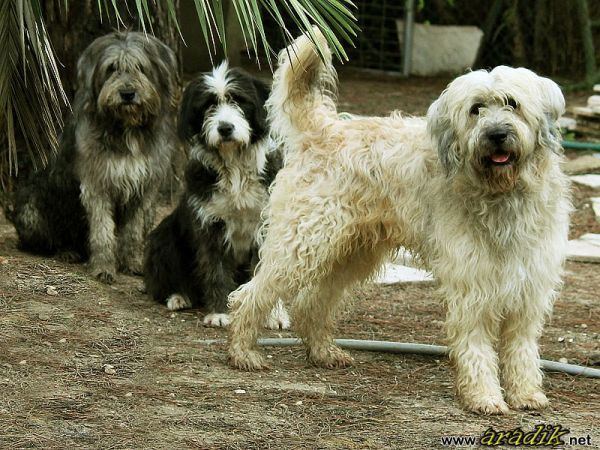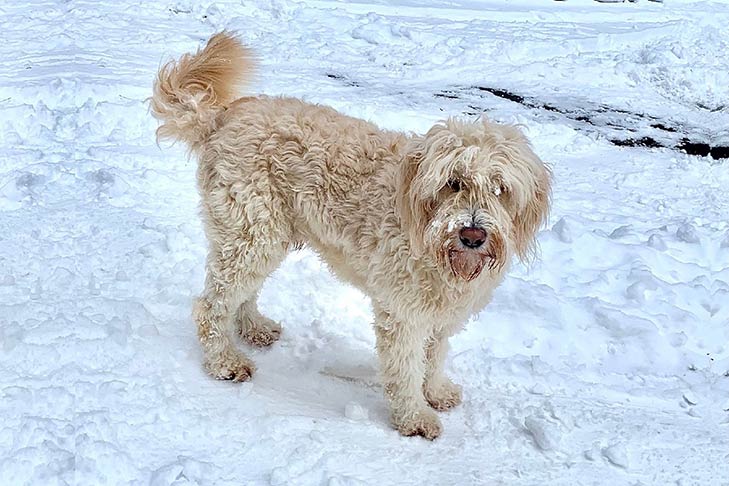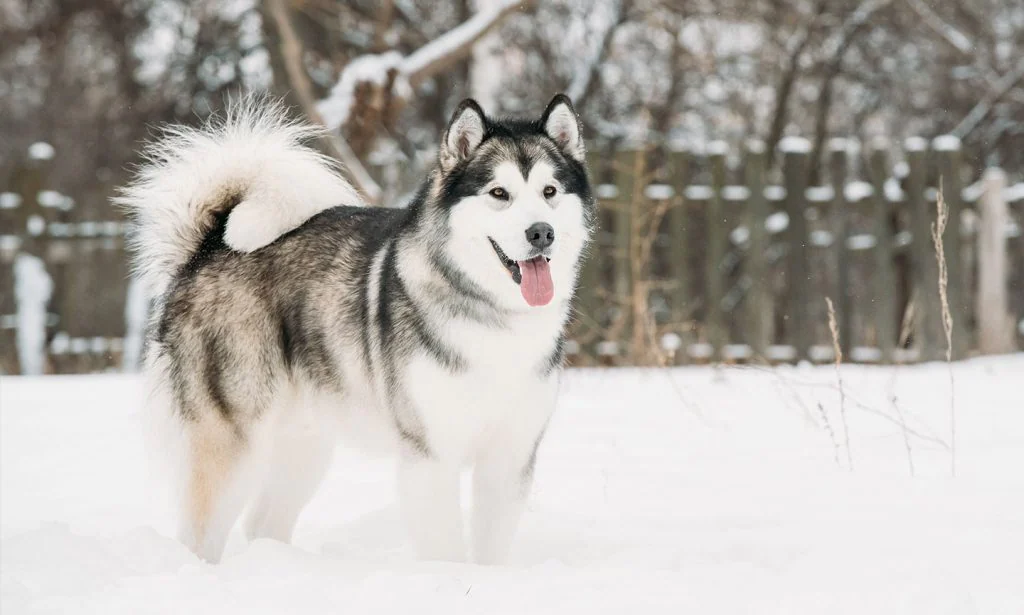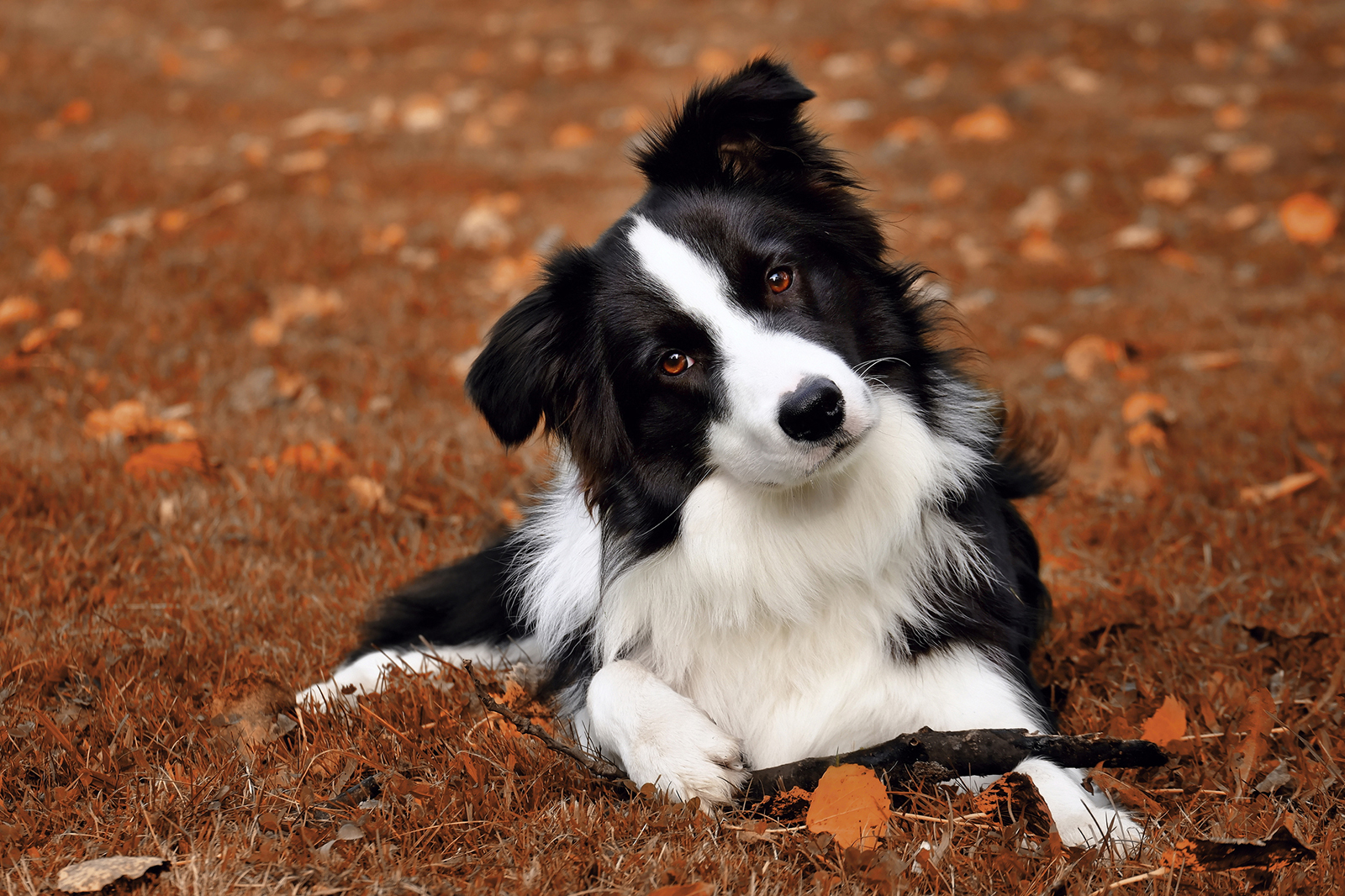Introduction
The Barbado da Terceira is a large breed of dog from the Azores used historically as a guard dog. They have a calm and affectionate temperament but require consistent training and socialization. Due to their rarity and demanding care requirements, they are best suited for experienced and dedicated owners.
Temperament
The Barbado da Terceira breed is known for its loyalty, intelligence, and energy. They are highly social dogs that enjoy being around people and other animals. They are also very active and require regular exercise to stay healthy and happy. In addition, Barbados are known for their bravery and are often used as guard dogs. They are affectionate and make great companions for families who are willing to provide them with the attention and exercise they need.
Aggression in Barbado da Terceira
Like all dog breeds, Barbado da Terceiras have the potential to display aggressive behavior if not properly socialized and trained. Aggression in Barbados can manifest in several ways, including growling, barking, biting, and nipping. This behavior can be triggered by a range of factors, including fear, territoriality, and a perceived threat to their family or territory. It’s important to note that aggression is not a breed-specific trait and can be prevented with proper training and socialization. Owners should ensure that their Barbado da Terceira receives early socialization and training, and that they are not put in situations where they feel threatened or anxious. If you are experiencing issues with aggressive behavior in your Barbado, it’s important to seek the help of a professional dog trainer or behaviorist to address the issue safely and effectively.
Health and Lifespan

The reported lifespan range of the Barbado da Terceira, a large breed of dog from the Azores, is typically 10-14 years. However, this can vary based on factors such as genetics, diet, exercise, and overall health care. Proper nutrition, regular exercise, and routine veterinary check-ups can help to maximize the lifespan and quality of life for this breed.
Food for Barbado da Terceira
To provide the best nutrition for your Barbado da Terceira, consider a high-quality dog food with real meat as the first ingredient, avoiding fillers, artificial preservatives, and additives. Grain-free diets may also benefit some dogs, but it’s essential to consult with your veterinarian first. Healthy snacks like raw fruits and vegetables, lean meats, and low-fat dairy products can also supplement their main meals. Provide access to clean water, monitor weight, and seek personalized recommendations from your veterinarian for optimal nutrition.
Training for Barbado da Terceira
Training a Barbado da Terceira requires consistency, patience, and positive reinforcement methods. Due to their size and protective instincts, early socialization is crucial to prevent any potential aggression towards strangers or other animals.
Basic obedience commands such as sit, stay, and come should be taught from an early age and reinforced consistently throughout their lives. Additionally, leash training and crate training can help to ensure the Barbado is well-behaved and manageable in different environments.
It is important to avoid using harsh or punishment-based training methods with this breed, as it can cause fear and aggression. Instead, positive reinforcement techniques such as praise, treats, and toys should be used to reward desired behaviors and encourage the Barbado to continue learning.
Training should be conducted in short sessions and gradually increased in difficulty as the dog progresses. Consistency, patience, and positive reinforcement will help to ensure a well-trained and well-behaved Barbado da Terceira.
Conclusion
In conclusion, the Barbado da Terceira is a loyal, intelligent, and active breed that thrives on social interaction and exercise. As with any breed, proper training and socialization are essential to prevent aggressive behavior. Providing a high-quality, balanced diet and regular veterinary care are also key to ensuring their health and well-being. With the right care and attention, Barbados make great companions for families who are willing to give them the love and exercise they need to thrive.


